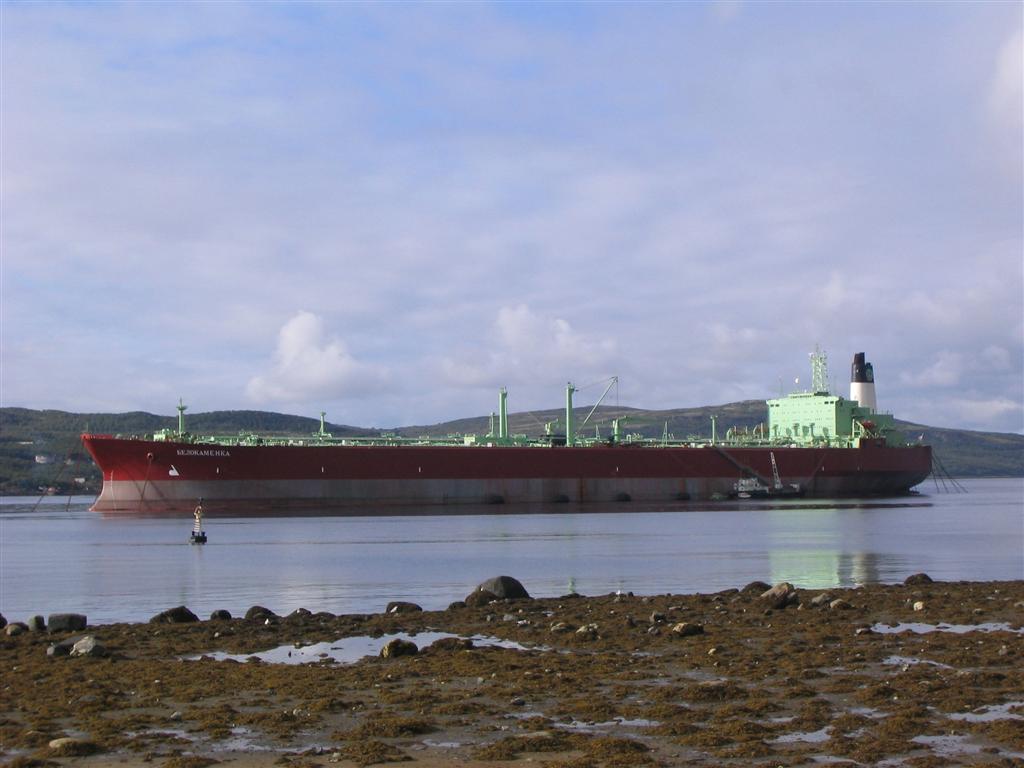|
5.20 CHANGING TANKS ASHORE
During the pre-transfer conference, the chief officer should determine
if there will be any changes of the shore alignment during the discharge.
If changes are anticipated, he should insist that the ship be advised
immediately before the change is made and after it is completed. This
request would include advice of such changes as closing off flow to
one or more tanks.
When the shore terminal tops off one of several shore tanks receiving
cargo from the ship, the discharging pressure can be expected to increase.
If the shore is filling one tank at a time, there will be a gradual
pressure increase followed by a sudden pressure decrease when the next
tank is opened. When the shore advises that a change is to be made,
the cargo watch officer and the pumpman should stand by to make any
necessary adjustments to the pump speed, or to stop the pumps if there
is a sudden increase in discharge pressure. If the pumps are stopped
because of a sudden pressure increase, notify the shore immediately
and ask them to determine the cause before discharging is resumed. Enter
this event in the logbook.
It is not unheard of for errors to be made in shore terminal valve changes,
usually to the detriment of the cargo and occasionally with more serious
consequences. Tanks have been overflowed into containment areas and
occasionally the containment dikes have been overflowed into city drainage
systems. For that reason, if the shore terminal personnel begin to question
closely the amount of cargo discharged ashore, or to ask other questions
which indicate uncertainty about the shore management of the cargo receipt,
the master should immediately make preparations to protest any apparent
shore errors which would make accurate accounting for the cargo receipt
questionable.
|

